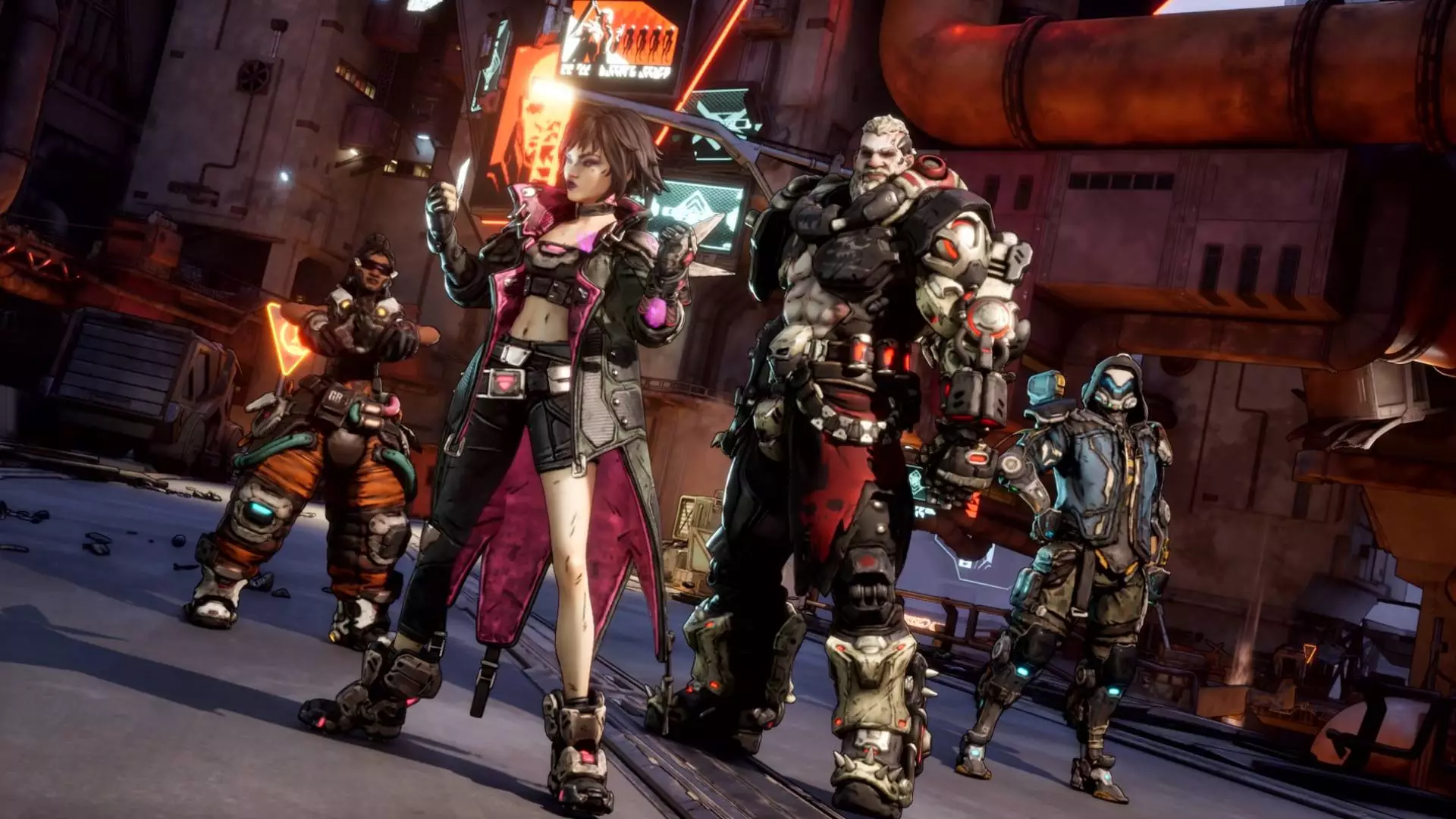With the gaming industry in constant evolution, Gearbox CEO Randy Pitchford has taken a proactive stance in the lead-up to the release of Borderlands 4. His recent engagement with the Borderlands community on Twitter has ignited fervent discussions about player preferences, gameplay longevity, and perceptions of “better” gaming experiences. Pitchford’s confidence in Borderlands 4 surpassing its predecessor, Borderlands 3, indicates a deliberate shift in how the development team is approaching player feedback. This proactive engagement is not merely for show; it reflects a growing trend in game development where fan input shapes the final product.
Fan Engagement and Poll Insights
Pitchford’s innovative approach involves leveraging social media to gain insights into player preferences. He polled fans on various metrics that they consider indicative of a superior gaming experience. The results highlighted that “high actual play time” topped the list, though many opinionated fans felt that Borderlands 2 had a larger scope than Borderlands 3. This assessment deviates from the actual statistics where average playtime of Borderlands 3 is higher. It raises intriguing questions about the subjective nature of gaming experiences. The affirmation that “relativity matters” is pivotal as it sheds light on how experiences vary environmental factors and personal contexts impact perceptions of game length and depth.
Understanding Playtime Metrics
The discourse surrounding average playtime opens a can of worms regarding benchmark metrics in video games. As Pitchford eloquently stated, statistics can be misleading when they incorporate extremes—both casual players who barely scratch the surface and dedicated gamers who invest hundreds of hours. This debate emphasizes the need for nuanced metrics in assessing game quality. Players might equate depth with time but overlook the richness of the gaming experience that can be achieved in shorter play periods. Thus, defining “larger” games requires a more sophisticated lens, recognizing the diversity of player engagement.
Subjectivity in Gaming Preferences
What constitutes a ‘better’ game is openly subjective. Pitchford’s recognition of varying individual tastes underscores the challenge developers face in catering to a diverse audience. Players are not a monolith; the joy of gaming lies in its personal nature. This promotes an ongoing dialogue about what makes a game resonate with its audience—graphics, story, mechanics, or community interactions. Gearbox’s acknowledgment of these differences is not only commendable but crucial for tailoring experiences that feel personal and fulfilling.
The Excitement Around Borderlands 4
Looking ahead, Pitchford’s enthusiasm for Borderlands 4 radiates an infectious optimism within the gaming community. His assertion that the upcoming title is shaping up to be superior to Borderlands 3 in every measurable way, including those subjective standards, stirs curiosity about the game’s forthcoming features and mechanics. Although fans must bide their time until the anticipated release on September 12, the excitement generated by community involvement, along with a confident approach to game development, sets a promising stage for Borderlands 4. Gearbox’s commitment to understanding its legion of fans could very well redefine how games are experienced and enjoyed for years to come.

